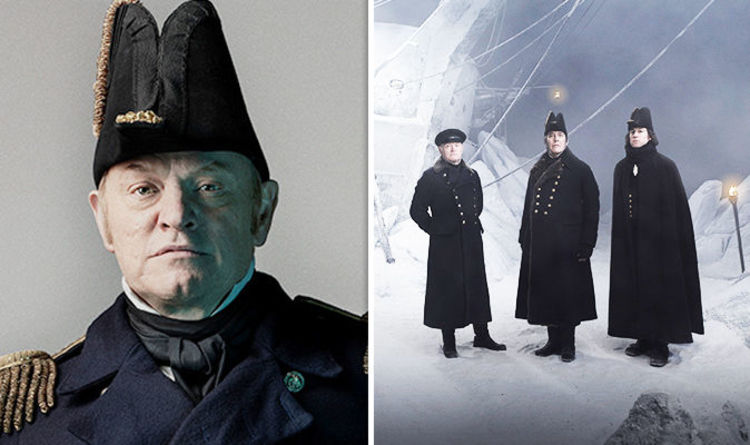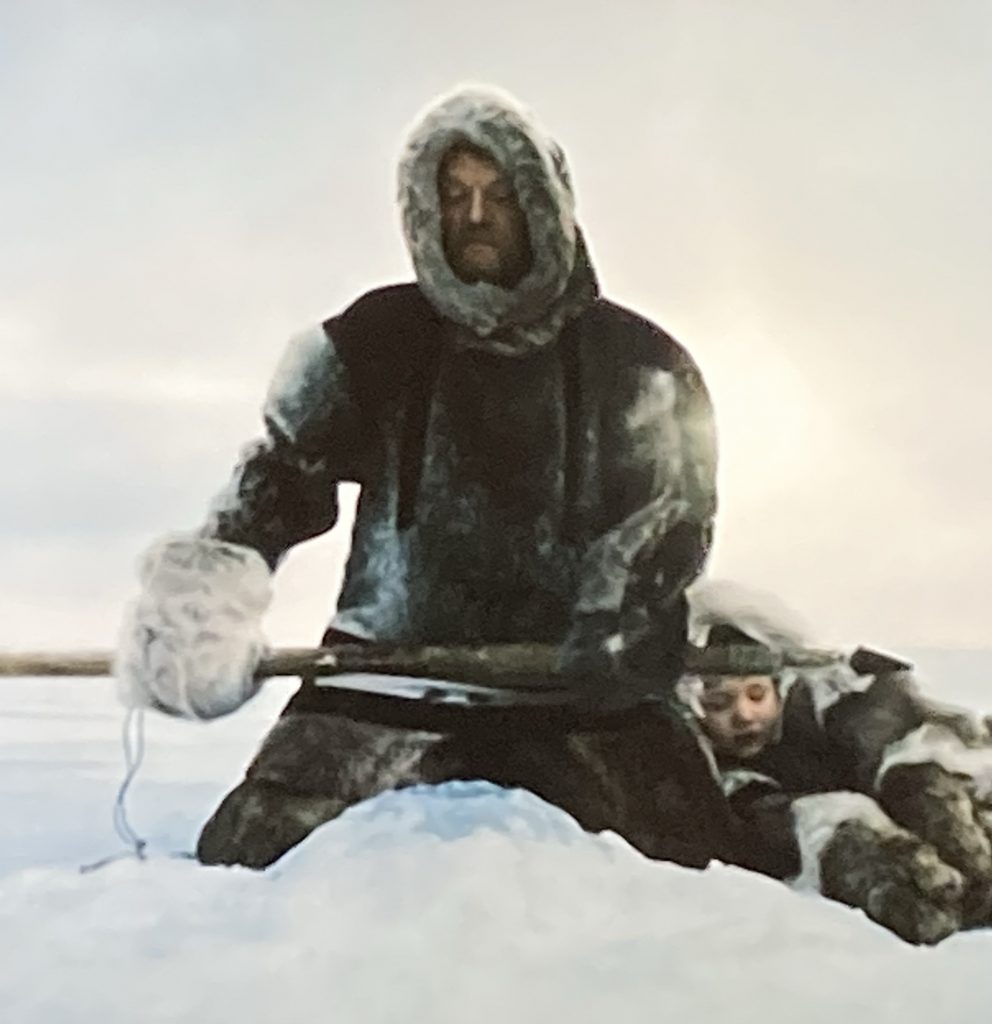
When I was young and would ask my parents to buy something for me my father often responded with the promise of fulfilling this request when ‘his ship came in’. I never knew the derivation of such a phrase, I still don’t, but presumed then as I do now that the implication is that the arrival of one’s ‘ship’ signifies an increase in wealth sufficient to cover the cost of said promise. Sadly, for me and perhaps my father as well, the ship never arrived.
There would no doubt had been some relief in certain quarters that the ship in the Bob Dylan 1964 (great year) classic song, the title of which I have purloined for this piece, never arrived. The targets of Dylan’s ire – those sleepy-eyed unnamed foes – were never ‘drownded (sic) in the tide’ or, ‘be conquered’ like Goliath. This is one of my favourite Dylan songs. It is catchy, witty, full of rabble-rousing-rambunctiousness and it rattles through all 3 minutes and 15 seconds, refreshing your mind and lifting your spirits in equal measure.
Alas, along with my father’s fabled fortune flagship, this valedictory vessel never arrived.
I have recently completed viewing the television series ‘The Terror’ in which 2 more ships fail to arrive. Ostensibly the story follows the failed attempt to discover the fabled Northwest Passage – a route through the Arctic that linked the Atlantic and Pacific oceans. There have been many such attempts to achieve this goal, the reward was huge savings for traders shipping goods from around the British Empire which had by this time spread its tentacles to all ‘four corners of the Earth’. Two ships, HMS Erebus and HMS Terror, both equipped with both steam and sail power, set off in 1845 with 3 years worth of provisions and some of the most experienced Arctic crew members and officers. Eventually, inevitably perhaps, the ships became locked in the ice and, despite attempts to return overland, none of the men survived. The book on which the television series was based adds some additional supernatural elements to the story to ramp up the tension and danger but, in truth, without these the whole thing looked extremely grim.
British society at this time was extremely formal and regulated. There was a place for everyone and everyone knew their place. The Royal Navy was no exception to this and there was a clear distinction between the officer class and the rest of the crew. In addition to this there was additional layers of hierarchy and prejudice. In this story of the Terror and the Erebus it is clear that whilst there are 3 men that hold the rank of captain, the fact that one of them is from Ireland ensures that he will never be held in the same esteem as the other two. As the ice and the fear of the unknown take their grip on them we witness that the camaraderie, encouraged initially and then enforced through ruthless discipline, that normally ensures survival is not sufficient in this situation. Slowly the layers of duty, civility and polity are removed as necessity and desperation take hold until all that is left is basic humanity and the straightforward choice between good and evil, between doing the right thing by your fellow men and not doing so.
As well as this, there is another layer in the way these bastions of British empirical force behave towards the native people of the region. This story takes place at the height of Empire, native people were to be subjugated in the name of the queen and either set to work in support of their British masters or simply slain and robbed of their land, possessions and, all too often, their lives. Would the outcome have been different if they had adopted a more conciliatory and cooperative approach to the indigenous Inuit tribes? We will never know for sure but the author does explore this to an extent. In the character of Captain Francis Crozier we find a man embittered by the way in which he has never quite been accepted throughout his life – a captain in the navy but overlooked many times for significant appointments, a man rejected in love because of his heritage – someone with a big chip on his shoulder and an resulting addiction to alcohol that very nearly kills him. As the veneered layers of civilisation are removed as the result of one catastrophe after another we witness a man, a decent human, emerge. When all is said and done that is what we will all discover – that when we strip away civilisation, when we cut through all these ideas about how life should be lived, it’s just me and you and how we treat each other.
Do we treat each other with kindness or not? It is a choice we make every day of our lives but how many times do we get it right? Moreover, how often do we blame the circumstances in which the choice is made for the outcome?
In the fictionalised account of this expedition Francis Crozier chooses not to return to the civilisation that bent, twisted and almost ruined him and to remain instead amongst the people that showed him some basic human kindness and revealed that there was so much more to life when lived as it is rather than how we think it ought to be.

